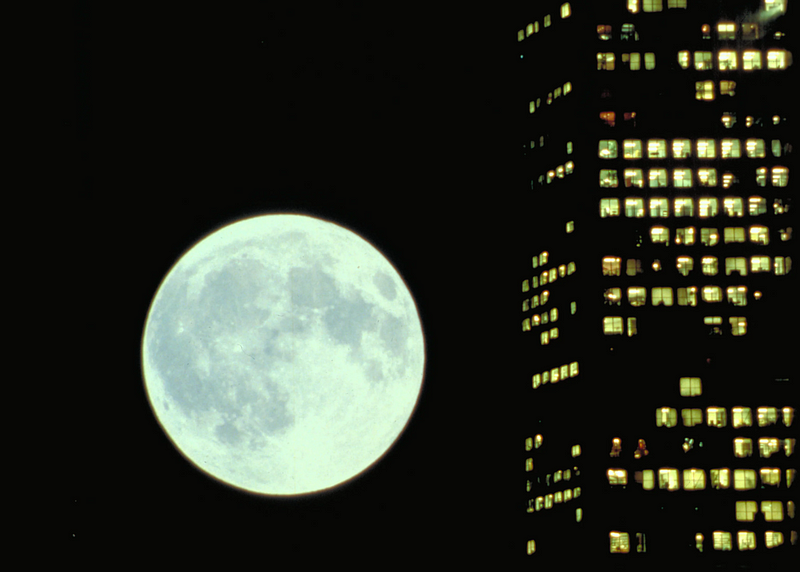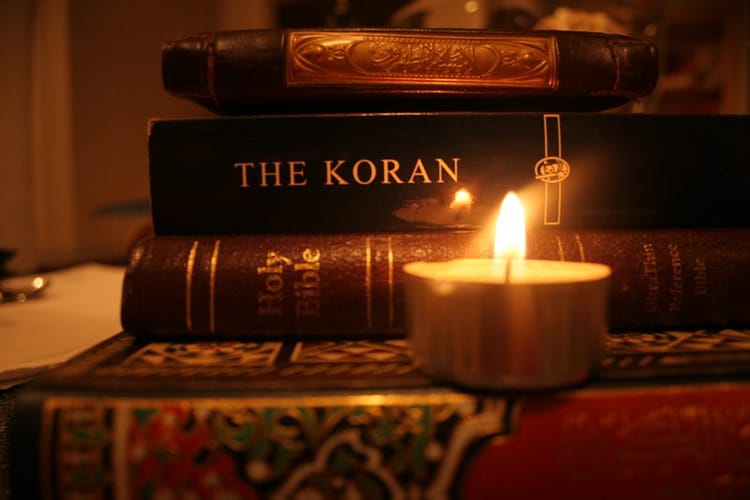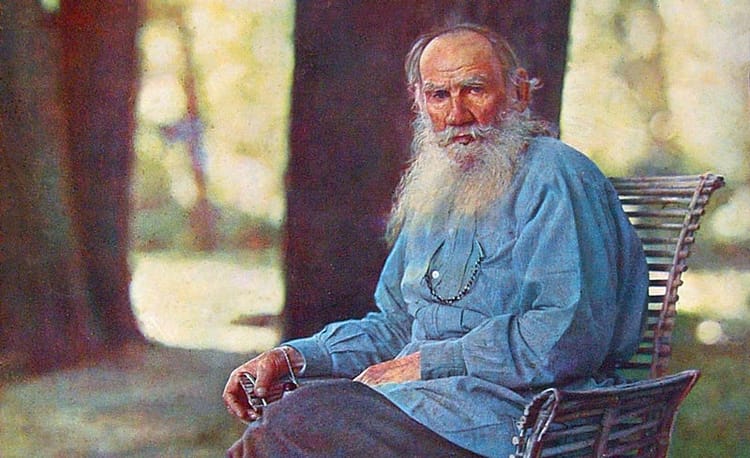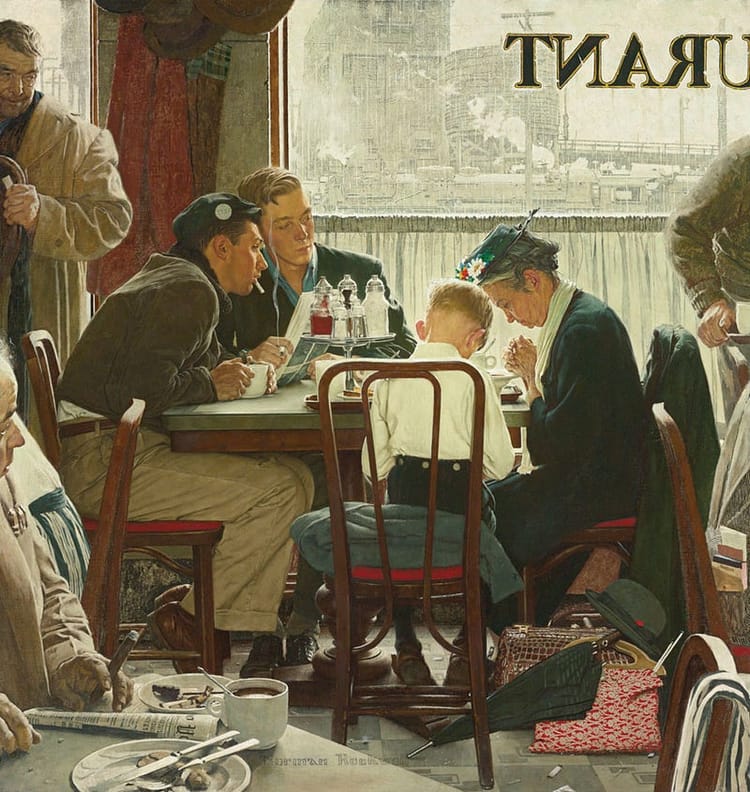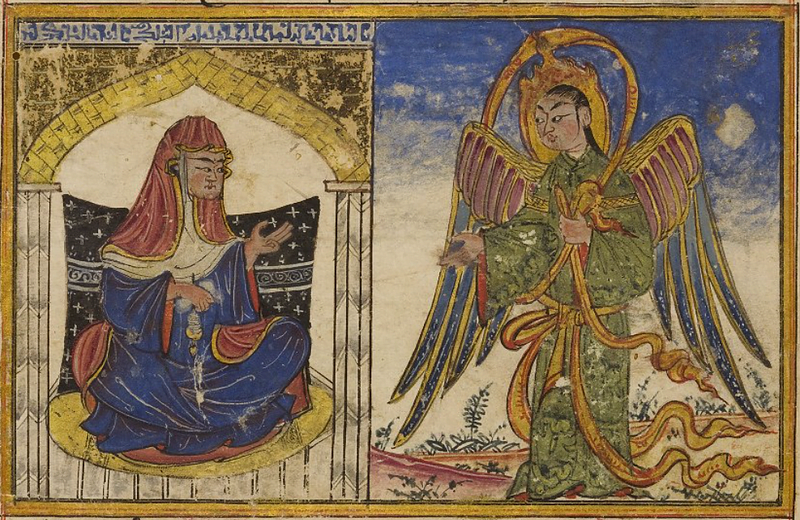Our Loss of Silence

“Your Old Life was a Frantic Running from Silence…”
There is a pandemic in our midst. It is one that knows no borders, no boundaries. There is little being done to counter it. In fact, it is increasingly and actively getting worse.
I’m not talking about Covid. Rather, it is something more insidious — and perhaps devouring more lives within its jaws.
I speak of the pandemic of our loss of Silence.
It may seem something of a cliché to complain about the loss of silence online. Memes and quotes about the importance of Silence are scattered across social media, among other inspirational quotes and words of wisdom. In an ironic way, posting online about the importance of Silence merely adds to much of the noise and the clutter. Perhaps it is better to say nothing at all? Close my laptop, have a cup a tea, and go to bed.
Perhaps.
Even so, it seemed to me something worth saying. And I often find something worth saying, because it is worth saying to myself. Something occurred to me recently which brought the point home regarding my own running from silence. Even a “frantic running from silence”, to quote Rumi.
Our Problem
We have become like the proverbial frog in a pot of slowly heated water. The frog doesn’t notice the rising temperature of the water in the pot until it is too late, and he is boiled alive. (It’s… not really true. A frog will simply hop out, but for the purpose of the point I’m trying to make… let’s stick with the narrative of the parable.)
In our own environment, we are like that frog in as much as our life has become noisy and chaotic with no inner nor outer silence.
There is a sacredness in silence and in stillness. In Islam, as well as in other traditions of prayer, silence is a prerequisite for prayer. We must be silent. Still. Mindful of the presence of God. Composed. Deliberate. Yet this can’t be done when all of our inner and outer life is noise. Frantic running. Clutter. Chaos. Even physical messiness and dirtiness in the place in which one prays is haram.
Like rough and turbulent waters, our chaotic Souls become choppy and muddied, and we can only see the surface. But when we are silent and still, the waters calm. The Soul is clear, and we can see into the deep.
This stillness — this silence — is a prerequisite for all spiritual life. Noisiness, clutter, chaos leads to the spiritual opposite. (A word I heard some decades ago that I still often quote: “The Devil is the inventor of multi-tasking.”)
It is quite possible, however, for one not to truly realize their own lack of silence. In a society that encourages demonic multi-tasking, taking on multiple jobs, constant action (political, social, etc.), ‘getting things done’, endless social media, constant streaming music, videos, etc., we may simply be unaware that this is anything but normal. Perhaps you are someone, like myself, who likes to analyze things, study, read books, etc. Even this — even when done towards the service of the Good and of the Faith and for other people and even for God — can become a frantic running from silence, but of a different sort. The goals and ideals are loftier, perhaps, but the end result is the same. A loss of stillness. A frantic running from Silence.
Without Silence, there is no Remembrance of God. And without Remembrance of God, there is no Prayer. And if there is no Prayer… then nothing is right. Our souls will wither away among the noise of the world.
Re-Learning Silence
It happens at times that a person finds themselves in some debilitating accident, disease, or situation in which they must learn how to walk again. It is this way with silence for us. We have (and myself included) become so accustomed to the constant noise and frantic bombardment of worries throughout the day that we have forgotten how to truly be silent. Even prayer itself can be rushed through as an obligation, with no true silence and no true Remembrance.
Abu al-Darda’, Allah be pleased with him, said, “Learn silence just as you learn speech. Silence is a dear wisdom. Be more keen to listen than you are to speak, and do not speak about a matter that is of no concern to you. Laugh not but it be due to amazement, and walk not but with a purpose.”
Silence is not simply not speaking. It is not even the lack of noise. Rather, Silence is a whole state of one’s soul. One can be inwardly silent, attune to the Remembrance of God, and in deep prayer even in the midst of Times Square. Yet one with a turbulent soul will not find silence even in midst of the most peaceful mosque or the furthest wilderness away from all people or civilization. In a certain sense, it is up to us who we are. Yet the decision is truly this: whether we are going to open our heart up to the world and its noise, or open it to God. It is our job to submit to Allah — in silence, in patience, in servitude, in love — and Allah will provide us all that is needed.
We must cease our frantic running from Silence.
“The Speechless Full Moon Comes Out Now”
I recently discussed some of these matters with a close friend — a learned shaykh and Imam. He directed me to a work by the great Sufi scholar, Ibn Ata Allah al-Iskandari. It is a work entitled: Illuminating Guidance on the Dropping of Self-Direction. (Translated by Dr. ‘Ibrahim Hakim) I have been reading this work of late and have gathered much benefit from it, even in the very opening pages. (I plan to write more on this work later.)
As I read the book, I came across this section:
The similitude of the one who does tadbir with Allah جل جلاله is like the child who travels with his father. As they travel by night, the father, out of his concern for his son, watches him and keeps his eye on him from where his son does not see him. The son cannot see his father due to the intense darkness of the night, so he is filled with anxiety and concern over how he should act and take care of himself. But when the moon rises with its light and he sees the nearness of his father to him, his anxiety and worry become silenced. For he sees his father’s proximity to him, and he finds sufficiency in his father’s care of him, so that he does not have to care for himself. Similarly, one who does tadbir with Allah جل جلاله for himself does it because he is in the night of separation, and so he does not witness the proximity of Allah to him. Had the moon of Divine Unity (tawhid) risen, or the sun of gnosis, he would have seen the Real’s nearness to him, and he would have been ashamed to do tadbir with Him. He would have found sufficiency in the tadbir of Allah جل جلاله for him so that he would not need to plan and manage for himself.
“Tadbir” in this quote means “management” and “organization of one’s affairs”, and in this context implies excessive worry over the management of our own affairs and our own concerns without trusting in Allah, who constantly provides for us what we need. For it is Allah that manages all and knows best. This is the key to our inner silence. This trust in God. Our submission to the will of Allah, who guides all in His compassion and mercy. Of what should we worry about, save sin? And even when we sin, we turn to Him in his mercy and compassion for forgiveness. The heart is then silent in the mercy and contemplation of God. The still heart, with clear waters, in which one can see the Deep.
This illustration from Ibn Ata Allah al-Iskandari fits so well with my opening theme from Rumi. The entire poem, attributed to Rumi, reads as follows:
Inside this new love, die. Your way begins on the other side. Become the sky. Take an axe to the prison wall. Escape. Walk out like someone suddenly born into color. Do it now. You’re covered with thick cloud. Slide out the side. Die, and be quiet. Quietness is the surest sign that you’ve died. Your old life was a frantic running from silence.
The speechless full moon comes out now.
As Ibn al-Iskandari has said, in the “full moon” light of Allah, our worries during our dark night of separation from Him cease, as we see our nearness to Him. Like Plato’s Cave, we become mesmerized by the phantasmagoric images that project themselves in the night. Our mind becomes preoccupied. We lose our silence in the noise of the Spectacle. But when the Light of Allah shines upon us in the darkness, this ‘frantic running from silence’ will cease in the contemplation of the glory, the beauty, the majesty, the mercy, the benevolence, and the will of Allah.
My brothers and sisters, please pray and make dua for me as you can. These are just some poor and scattered words from your servant. I speak them mostly to remind myself of these truths. Inshallah, you may benefit from them as well.
God bless you. Glory to God for all things.
ٱلْحَمْدُ لِلَّٰهِ رَبِّ ٱلْعَالَمِينَ
